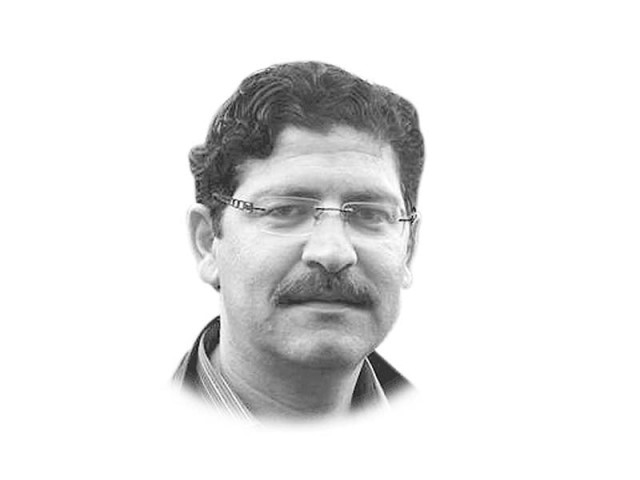Balochistan education budget — one step backwards
Balochistan govt has substantially decreased its provincial share for education this yea

The writer is a Research Fellow at Institute of Social and Policy Sciences (I-SAPS) Islamabad. He tweets @abdullah_alam
Over the last six years, the Balochistan government consistently increased the percentage share of education in its provincial budget. From 13 per cent share of education in 2010-11 to 20 per cent in 2015-16, it showed the commitment of successive governments to improve the state of education in the province. However, in 2016-17, the percentage share of education has been reduced substantially to 17 per cent of the provincial budget. A 20 per cent share (same as was allocated in 2015-16) would have meant an extra Rs9 billion for education this fiscal year. In comparison with other provinces, Balochistan has allocated the lowest percentage share of its provincial budget for education.
Looking at the other provinces, education has received a 20 per cent share of provincial budget in Sindh (Rs176 billion allocated for education out of the provincial budget of Rs869 billion). Punjab has allocated 19 per cent of its budget for education (Rs313 billion for education out of Rs1,681 billion). The K-P government has earmarked 28 per cent of the total provincial budget for education (Rs143 billion for education out of Rs505 billion).
Considering the infrastructural needs of the education system in Balochistan and the importance of non-salary budgets for quality education and services, it is important that the government allocates sufficient funds for development purposes and non-salary budget. While an increase of 11 per cent has been recorded on the recurrent side, a major cut in Balochistan’s education budget has been made on the development side. The total development budget of Balochistan for 2016-17 is Rs71 billion out of which education affairs and services will receive only nine per cent i.e., Rs6.4 billion. This year’s development budget is 36 per cent lower than the allocated budget of Rs10 billion in 2015-16.
Looking at the allocated development budget for school education only, in 2015-16, Rs7.5 billion were apportioned for development purposes. In 2016-17, the development budget has been slashed by 42 per cent to Rs4.4 billion. Out of the recurrent education budget, Rs37.4 billion have been apportioned for salaries and related expenditure in 2016-17. This constitutes 88 per cent of the recurrent education budget. Owing to salary increase and new appointments, the salary budget has increased by 15 per cent. On the other hand, the non-salary budget (used for daily expenditures of schools and operation and maintenance of the department’s offices) has been reduced by nine per cent i.e., from Rs5.8 billion in 2015-16 to Rs5.3 billion in 2016-17.
Despite a significant increase of 19 per cent in the total outlay of the Balochistan budget, the education budget shows reduced allocations for non-salary and development budgets. While the global focus is on increasing education budgets so that children have better access to quality education, Balochistan has substantially decreased its provincial share of education this year. The cuts on development and non-salary budgets for education, raise a question mark on the commitment of the Balochistan government towards education. One cannot hope to achieve targets like quality education for all in the near future with such poor commitment.
Published in The Express Tribune, July 10th, 2016.
Like Opinion & Editorial on Facebook, follow @ETOpEd on Twitter to receive all updates on all our daily pieces.















COMMENTS
Comments are moderated and generally will be posted if they are on-topic and not abusive.
For more information, please see our Comments FAQ